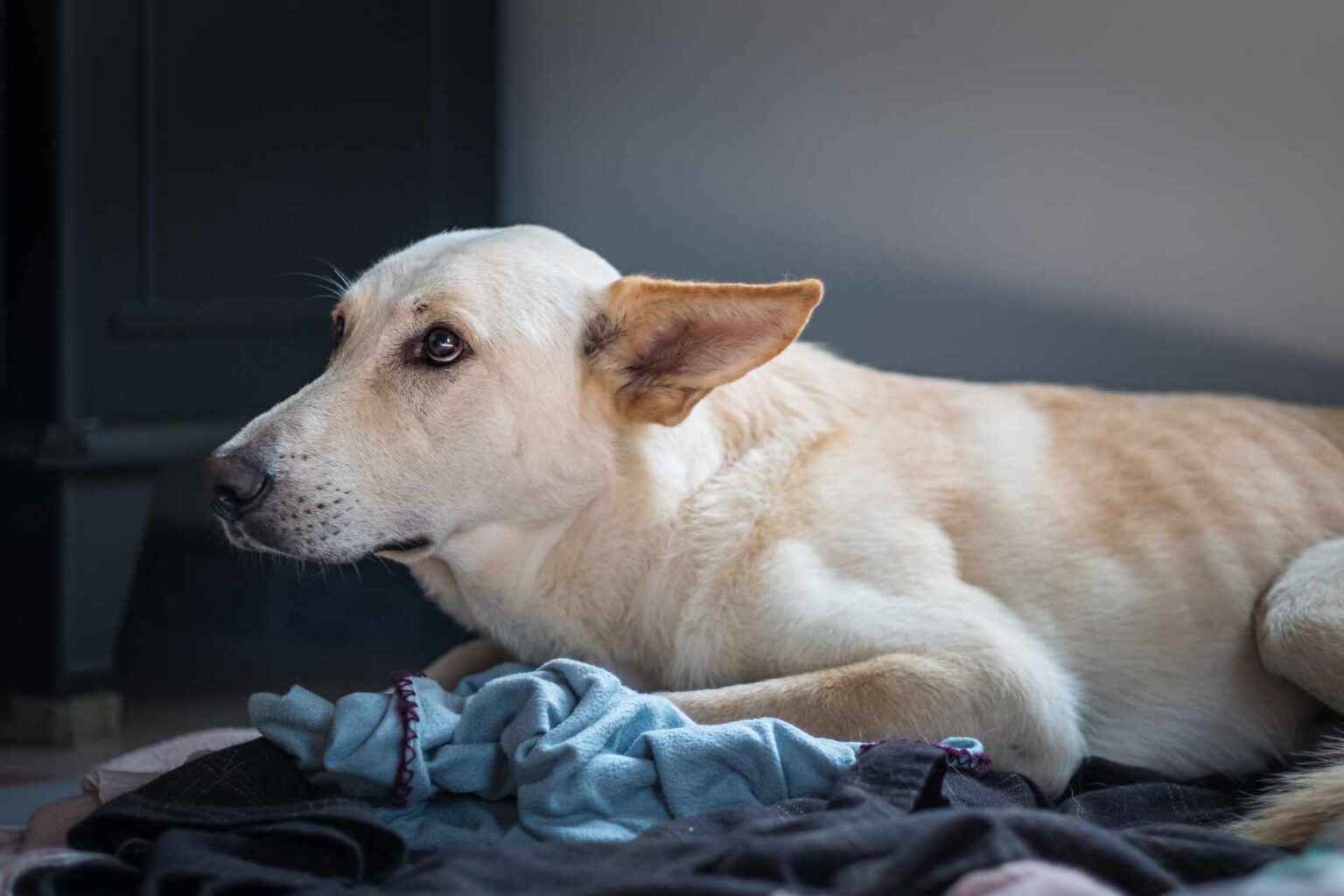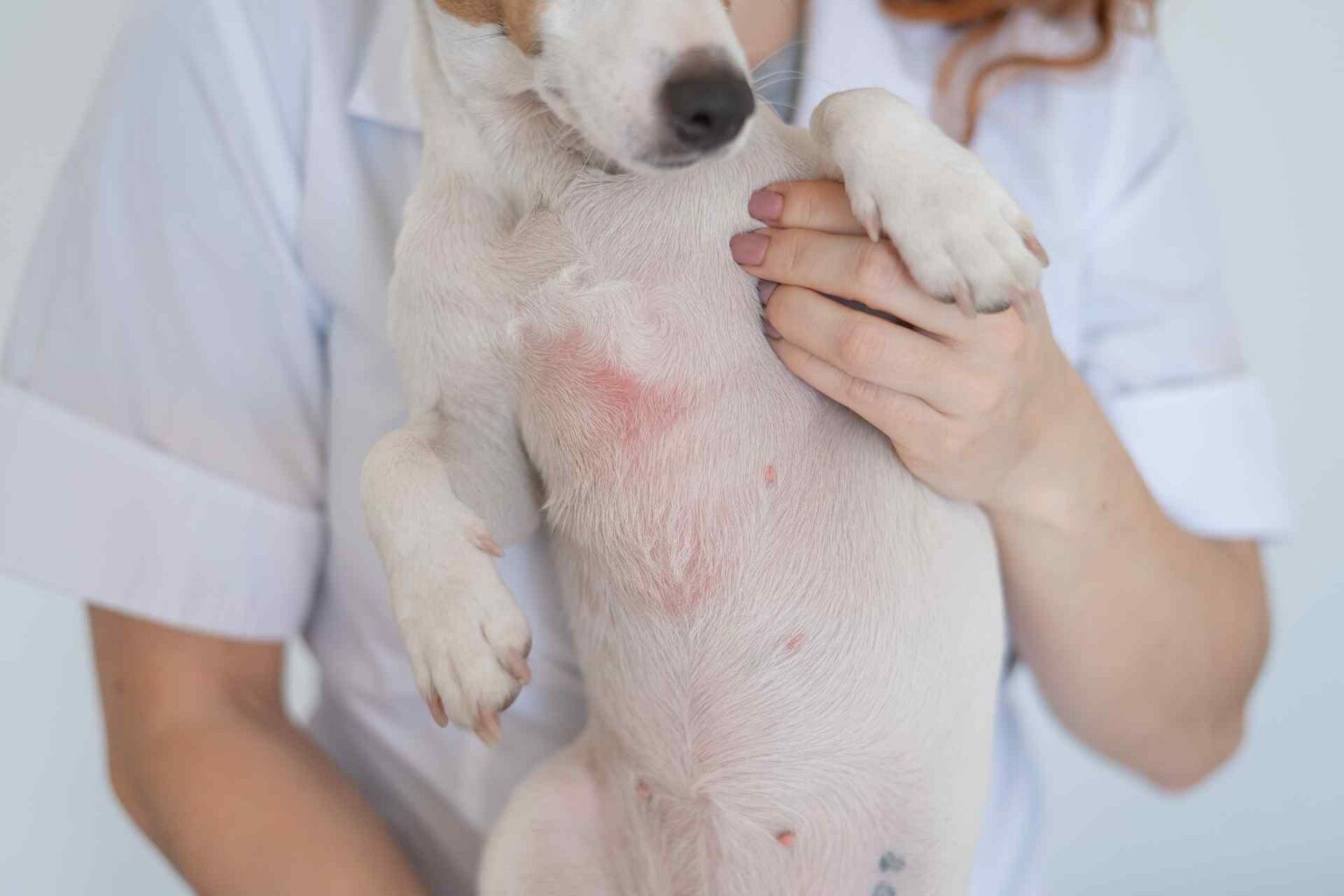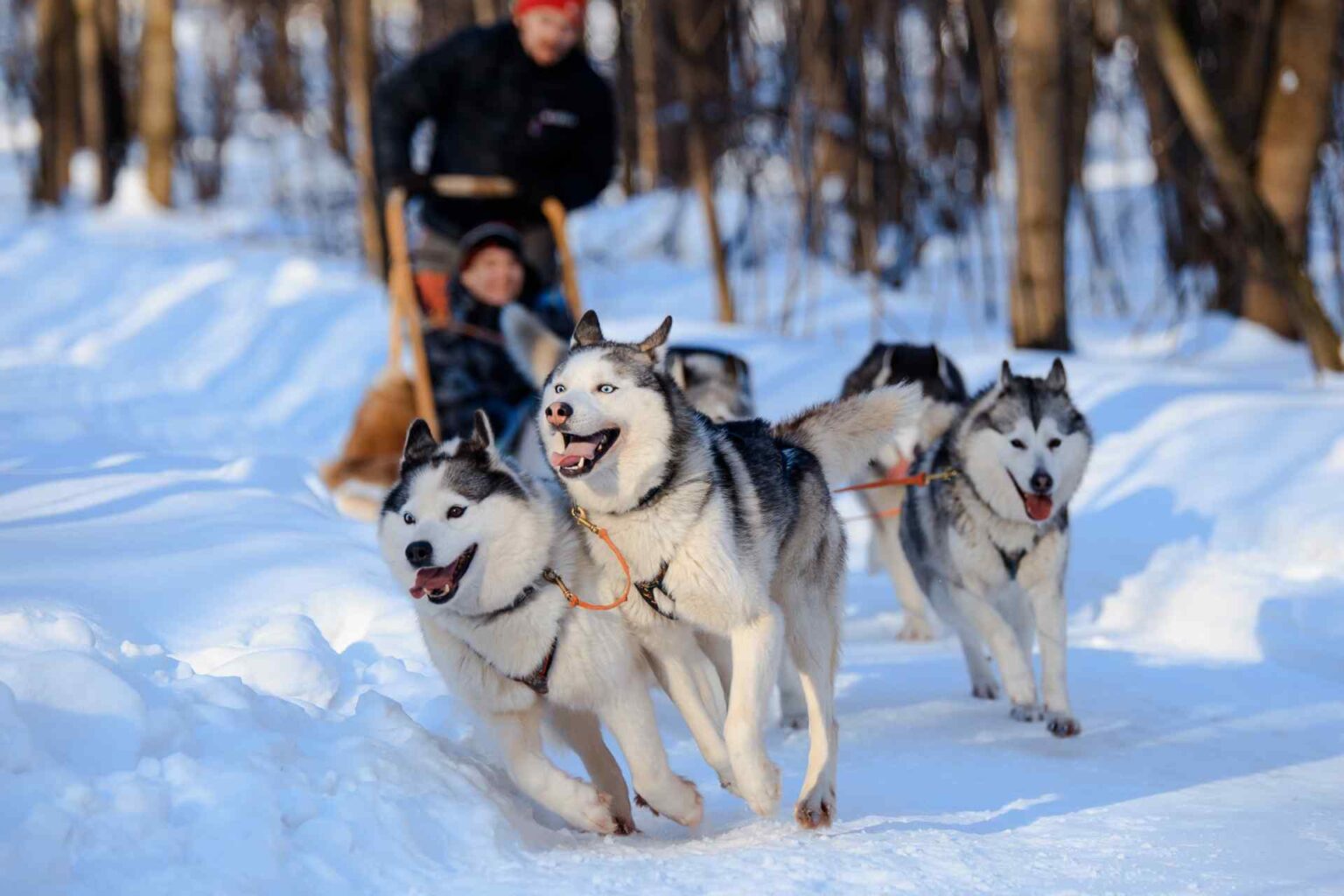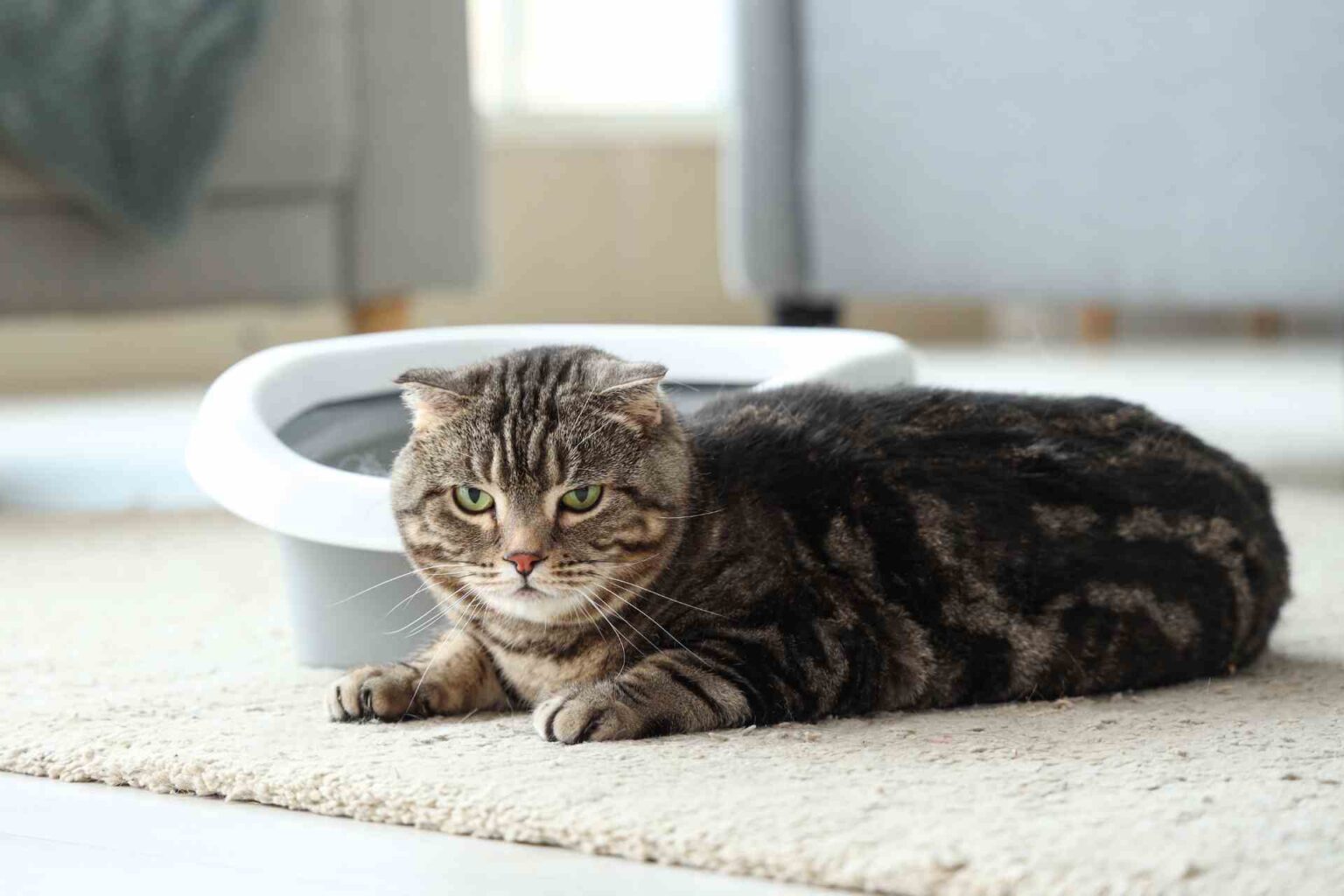Unconjugated bile acids (UBAs) in the large intestine play an important role in host metabolism and interact with the intestinal immune system.
The gut microbiota has a primary role: Clostridium hiranonis possesses significant 7-dehydroxylating activity, thus contributing to the conversion of primary to secondary UBAs.
In dogs, secondary UBA concentrations are decreased in chronic enteropathy and exocrine pancreas failure; moreover, a recent study showed that the dogs exposed to tylosin showed a rapid decrease in fecal bacterial diversity and bile acid alterations: some of these dogs experienced long-term changes and did not return to b...
This content is restricted to registered members of the web site
or sign in











